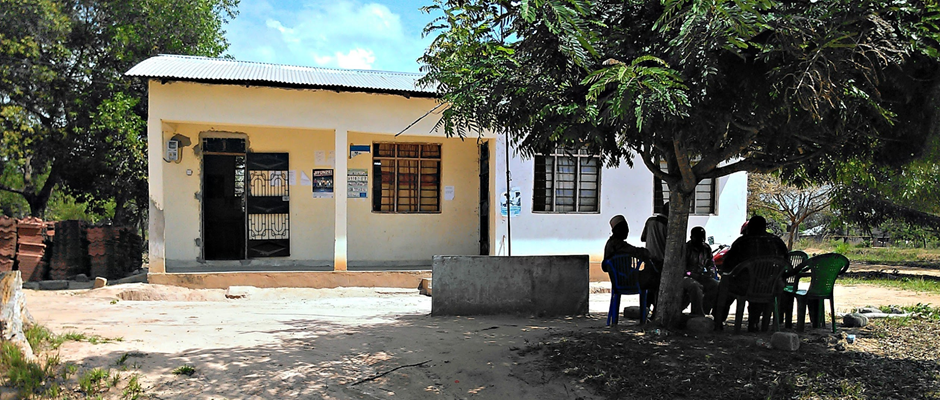
South Africa tops the list of the most advanced African countries in terms of decentralization and local governance, according to the latest report of United Cities and Local Governments of Africa (UCLGA).
Liberia ranks last with a score lower than the average of its peers on the continent.
Issued Tuesday, December 1, 2015 in Johannesburg, this ranking is based on ten indicators including the constitutional and legislative framework, the existence of local assemblies throughout the territory, the financial transfers from the state to local authorities, the autonomous resources, the capacity of local administrations, transparency, citizen participation and the performance of local authorities.
After leading in most indicators, South Africa nestles in the first place on the continental list.
But for the urban strategy index, the hosts of the 7th Africities summit tops all the nine other indicators showing the existing interaction between the indices for a firm policy in favor of decentralization and local development.
According to the report, South Africa stands out of the rest by its clear political will to involve local authorities in the economic and social development through the establishment of an appropriate institutional framework.
With a total autonomy of local authorities in determining the basis of tax rates and other charges, the country is also committed to a fair tax policy. However, there are few challenges associated with the fragile financial situation of small towns in the inner part of the country.
With the exception of Uganda and Morocco, 2nd and 3rd respectively in the ranking, countries with a long decentralization history such as Senegal (10th equally-ranked with Namibia and Swaziland) Nigeria (13th joint with Malawi, Burundi, Botswana and Niger), Cote d’Ivoire (28th equally-ranked with Madagascar and Ethiopia) and Egypt (34th ranked with Congo) have been unable to keep their rank.
The ranking is not surprising in itself, Jean Pierre Elong Mbassy, Secretary General of the UCLGA explained. He pointed out that if countries of the southern Africa region are topping the list it is due to the significant efforts they made towards furthering decentralization and setting up an effective institutional framework.
As the case in point, a country like Uganda (2nd) is known for the performance and efficiency of its local authorities in the field of the provision of public services.
Conversely, the West African countries like Senegal, Cote d’Ivoire and Nigeria are struggling to outline a clear and simple set of rules between the state and local communities.
Read the article on Apanews.com here.
UCLGA report “Assessing the Institutional Environment of Local Governments in Africa” is available here.



